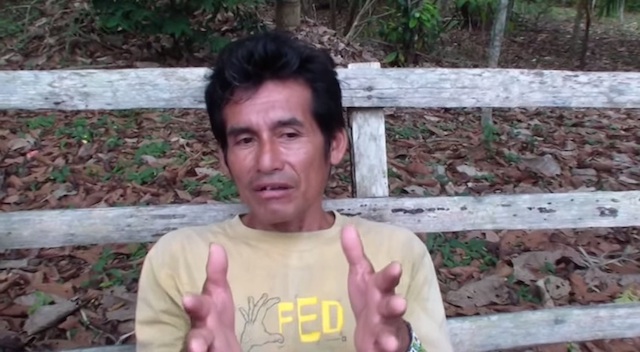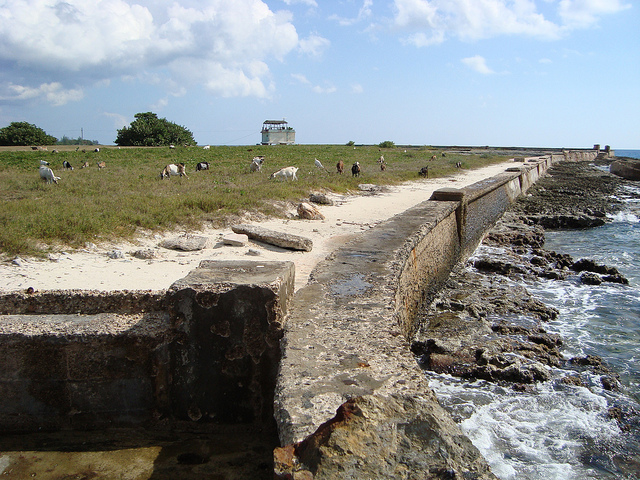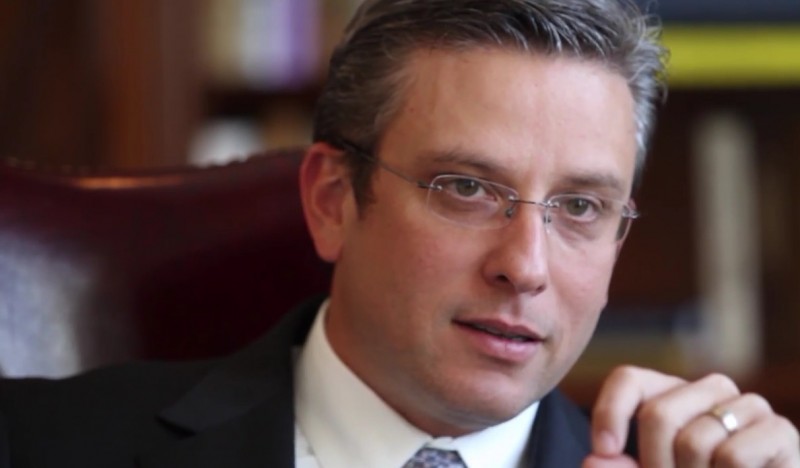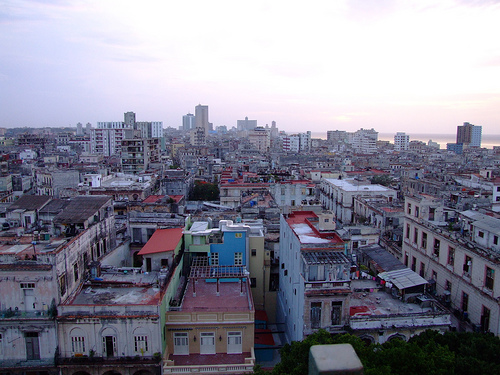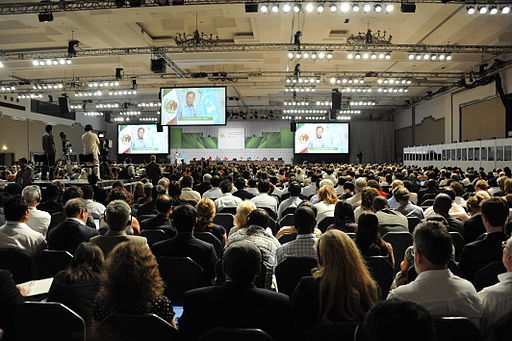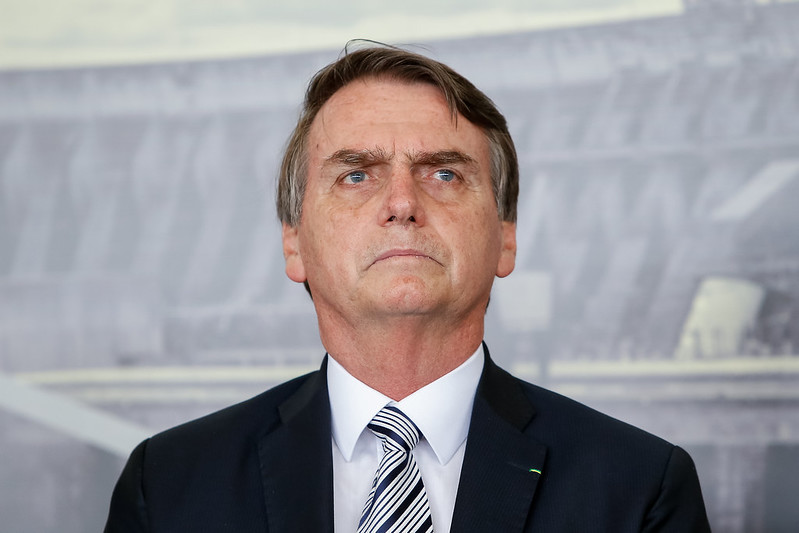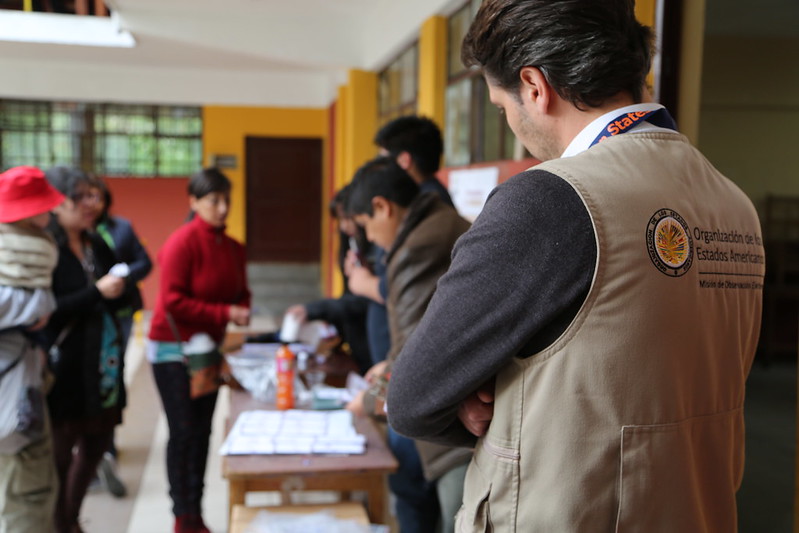
Latin America: Week in Review
Bolivian President Responds to Unrest Amid Election Recount
November 4, 2019 By Staff
TODAY IN LATIN AMERICA
BOLIVIA: President Evo Morales has dismissed demands from his opposition that he step down from office as Bolivia awaits an external election audit by the Organization of American States. Tens of thousands of Bolivians took to the streets to call for a new vote on Saturday, demanding that Morales resign by today. Morales spoke on Bolivian radio yesterday, saying that he is a target of racism and that his opponents are planning a coup. Meanwhile, his opponents have voiced their distrust of the OAS election audit.
After a 14-year term, which some argue is a violation of constitutional term limits, Morales won Bolivia’s Oct. 20 presidential election by just slightly over the 10 percent of votes required to avoid a run-off election. Opposition members believe the results are fraudulent.
Headlines from the western hemisphere
SOUTHERN CONE
BRAZIL: Indigenous land defender Paulo Paulino Guajajara was killed by illegal loggers in the Amazonian Araribóia Indigenous territory during an ambush Friday night. Guajajara was a leader of Guardians of the Forest, a group formed to guard the hardwood-rich forests from illegal loggers. Forest guard Laércio Guajajara was also injured during Friday’s ambush, and one logger is reported dead. Tensions were already high between Amazonian loggers and Indigenous peoples as loggers and ranchers set fire to parts of the Amazon this summer.
CHILE: A United Nations team overseen by former Chilean President Michelle Bachelet is documenting accounts of police violence during the recent subway fare demonstrations as part of an investigation into possible human rights violations. The UN team will collect accounts from Chilean protesters, doctors and students through Nov. 22, then present its findings to Bachelet in her capacity as UN High Commissioner for Human Rights. Twenty people have died so far in Chile’s protests, and the independent National Institute of Human Rights recorded 1,574 hospitalizations. The institute has filed almost 200 lawsuits against the Chilean government for allegations of police brutality, including homicide and sexaul assault. Meanwhile, the Chilean state said that 76 police officers were also injured in the protests.
CARIBBEAN
PUERTO RICO: Legendary Puerto Rican astrologer Walter Mercado died Saturday night from apparent kidney failure in Auxilio Mutuo Hospital in San Juan, Puerto Rico. The dancer and actor was 87. Mercado, an icon in Latin American media, was known for his extravagant televised horoscopes and his message of “pero sobre todo, mucho, mucho amor” (“above all, lots and lots of love”). Mercado was born on March 9, 1932, and was raised in Ponce, Puerto Rico. His career as an astrologer began in 1969, and his popularity began to soar in the 1980s. The funeral will take place tomorrow at Puerto Rico Memorial in San Juan.
CENTRAL AMERICA
EL SALVADOR: In a statement released late Saturday, El Salvador’s government ordered the expulsion of Venezuelan diplomats and gave them 48 hours to leave the country. The government said the decision was made in line with comments by President Nayib Bukele which “repeatedly” deny the legitimacy of Venezuelan President Nicolás Maduro. The Central American country will receive new diplomatic representatives named by opposition leader Juan Guaidó. Venezuela responded yesterday by ordering El Salvador’s diplomats to leave the country. El Salvador joins the U.S. and more than 50 other countries that have recognized Guiadó as Venezuela’s rightful president.
HONDURAS: On Saturday, the Office of the United Nations High Commissioner for Human Rights in Honduras demanded an end to impunity and crimes against journalists and social communicators after the murder of reporter Buenaventura Calderón in the Central American country. According to testimonies, Calderón, who had a radio show, was attacked by armed men as he was getting in a car with his wife. Since 2001, 81 journalists or media workers have been murdered in Honduras.
NORTH AMERICA
MEXICO/ARGENTINA: Argentine President-elect Alberto Fernández will meet with Mexican President Andrés Manuel López Obrador today in his first trip abroad since winning the election, with his running mate former President Cristina Kirchner, on Oct. 27. Fernández and AMLO are both part of the Grupo de Puebla, a group of Latin American leaders formed in July to stop the advancement of the conservative right in the region. Soon after the election, Fernández reaffirmed his leftist politics in congratulating Evo Morales for winning a contested presidential election in Bolivia and calling for former president of Brazil Luiz Inácio Lula da Silva to be released from prison.
UNITED STATES: The Trump administration conceded two losses, for now, on the president’s immigration agenda. On Friday, the Department of Homeland Security announced it is extending Temporary Protected Status for immigrants from El Salvador, Haiti, Honduras, Nepal, Nicaragua and Sudan through Jan. 4, 2021. The status had been set to expire in January for all of those countries except Nepal, where it was set to expire in March. The Trump administration has been trying to end TPS for several countries since last year. In another blow to Trump’s immigration plan, a federal judge temporarily blocked a measure on Saturday that would have required immigrants to have health insurance before they can apply for visas. The measure was set to go into effect yesterday.
MEXICO: Two teenage girls have died and 35 homes have been damaged in Baja California after two wildfires “reactivated.” Last month, three people were killed in the fires. Authorities are blaming the fires on dry conditions and the Santa Ana winds. In total, dozens of buildings have been destroyed and roads closed, and hundreds of people have had to evacuate.
